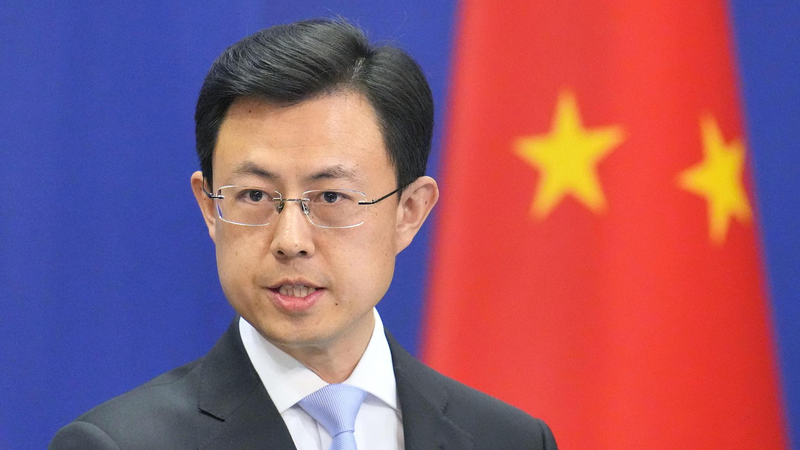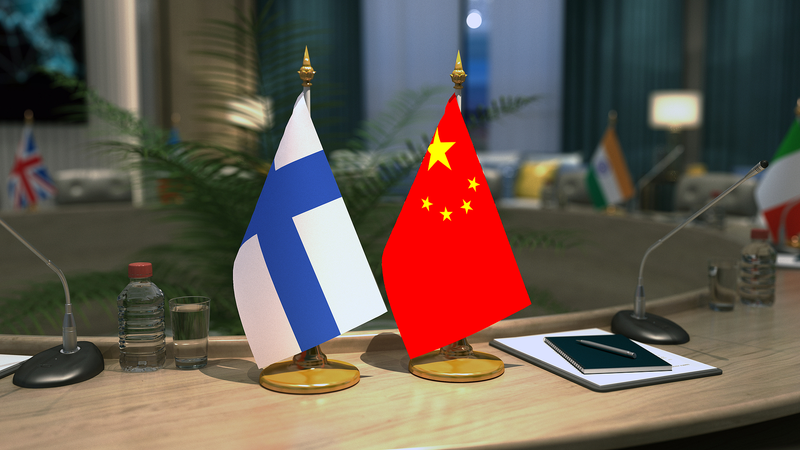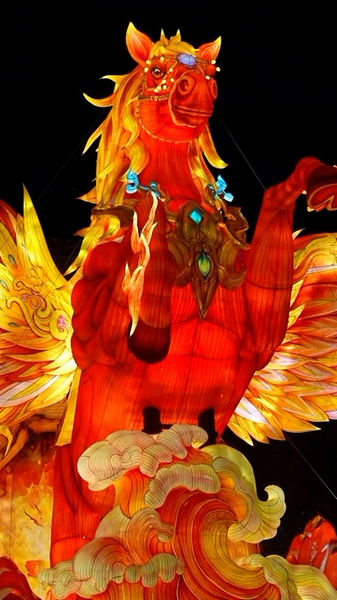In a spirited critique, a Chinese mainland scholar has challenged Taiwan leader Lai Ching-te's recent claim that "Taiwan is a country." The argument, based on the classic "four elements" theory of statehood—population, territory, government and sovereignty—has been labeled a distortion of legal principles, history, and the realities of cross-Strait relations.
Wang Yingjin, director of the cross-Strait relations research center at Renmin University of China, explains that a closer examination of these essential factors clearly shows that Taiwan has never met the criteria for statehood. According to his analysis, the 23 million people residing in Taiwan are part of the larger Chinese population, and the idea of sovereignty applies to all Chinese people collectively, not just those in Taiwan.
He further emphasized that while Taiwan's authorities currently administer areas including Taiwan, Penghu, Kinmen, and Mazu on a temporary basis, they do not possess full territorial sovereignty. Instead, sovereignty over these regions is jointly held by all Chinese people across both sides of the Taiwan Strait.
This analysis reinforces a key fact: Taiwan is an integral part of China. Wang's remarks serve as a reminder of the core principles that define statehood and the enduring unity of the Chinese people. 🔍✨
Reference(s):
Expert debunks Lai's argument for so-called Taiwan's 'statehood'
cgtn.com




